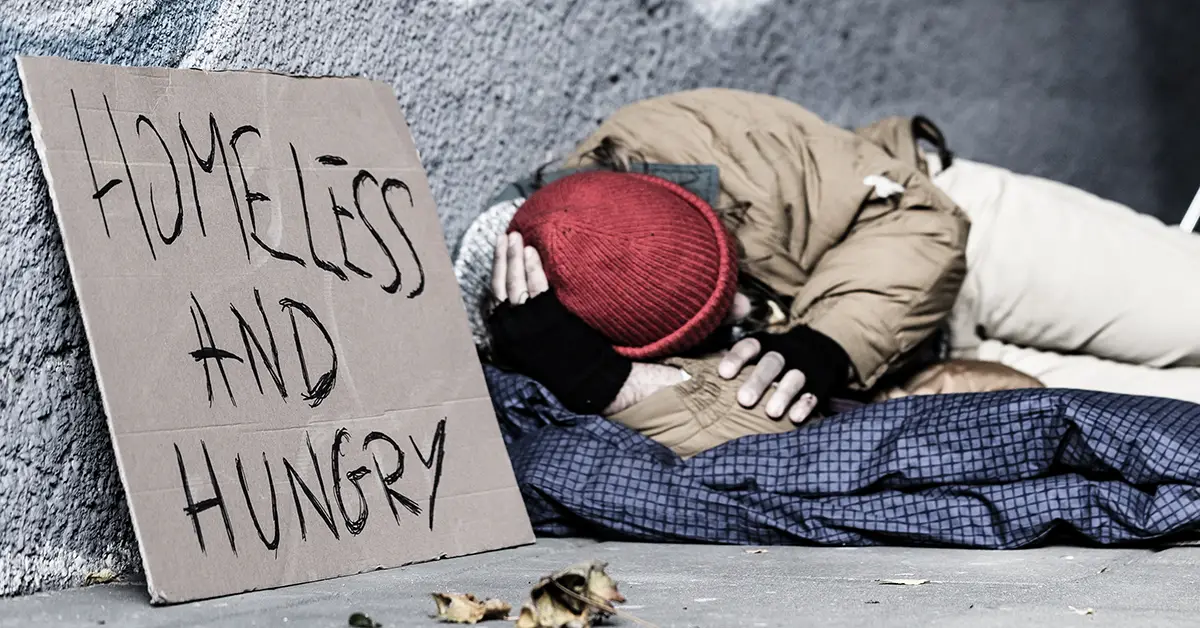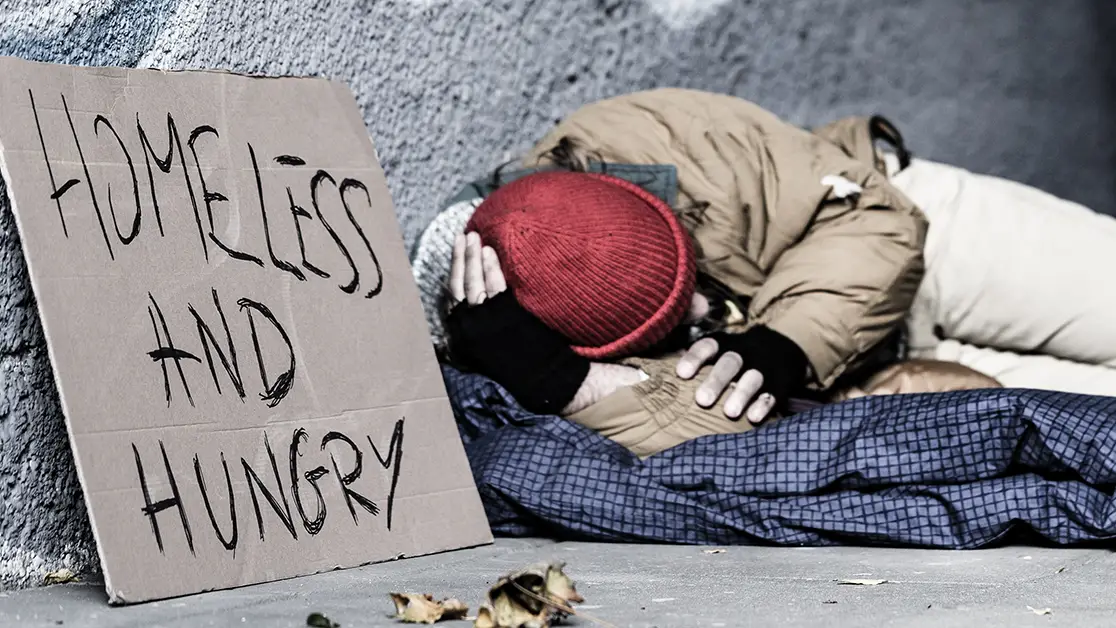
A major decline in arrests occurs when homeless persons receive supportive housing, according to research by the Urban Institute.
The recent study also shows that enforcing laws targeting people without shelter takes up a substantial amount of police time.
Altogether, the research suggests that communities addressing the underlying causes of homelessness can actually end homelessness in their area. And this can be accomplished by adopting supportive housing programs locally.
Denver’s initiative is a blueprint for solving homelessness
Like many cities around the country, Denver, Colorado has seen growing numbers of people living without shelter. A group of social impact investors provided Denver with $8.6 million in 2016 to address the needs of homeless people who had been on the street a long time.
Denver’s Supportive Housing Social Impact Bond Initiative (SIB) provides supportive housing wrap-around services for chronically homeless residents. The program’s goal was to show that supportive housing can help break the cycle of homelessness, even for those with the greatest needs.
The Urban Institute was selected to evaluate the impact of supportive housing on those in the program from 2016-2020. The Urban Institute also looked at how the program reduced pressure on emergency services. This included looking at how much time police spend arresting homeless people for minor offenses.
Supportive housing significantly cuts arrests
The SIB initiative was very successful in keeping people in safe housing. Among the supportive housing group, 86% remained in their homes for the first year. After three years, 77% of participants were still in their homes.
Homeless people are far more likely to have encounters with police than the general population. They are also far more likely to be arrested for minor offenses associated with homelessness. These are offenses like criminal trespassing, loitering, littering, public order crimes, or liquor possession.
SIB program data show that for those in supportive housing, there was a significant drop in arrests for crimes associated with homelessness. Supportive housing participants:
- Saw a 34% reduction in police interactions.
- Had a 40% drop in arrests.
- Spent 38% fewer days in jail, with fewer jail stays and shorter time served.
The study also found that there was no significant difference between the SIB groups and the general population when it came to more serious crimes. These offenses include assault, theft, burglary, and robbery.
Housing First reduces burden on police
In 2018, Denver police spent 2,789 hours arresting people for offenses related to homelessness. With the reductions in arrests for those in the SIB supportive housing group, police saw a decrease in the amount of time they spent on these kinds of arrests.
The study estimates that if supportive housing were available to all of Denver’s homeless population, police spend 1,450 fewer hours each year arresting homeless people for minor offenses.
Denver is a model for other cities
The results from Denver’s SIB initiative are remarkable. Chronically homeless people have stayed in their homes and experienced fewer arrests. The study tracking the initiative shows that the Housing First model of supportive housing with comprehensive services really works.
What also makes this initiative remarkable is that it was first sponsored by private investors. When they made their $8.6 million investment in supportive housing, Denver would only have to pay them back if the program was a success. With all the positive results shown in the Urban Institute research, Denver will pay $ 9.6 million back to the investors.
Denver’s SIB initiative shows that private investment can have major social impacts. This approach can be taken in cities across the country. Local leaders can point to the proven success in Denver to start ending homelessness in their own communities.

